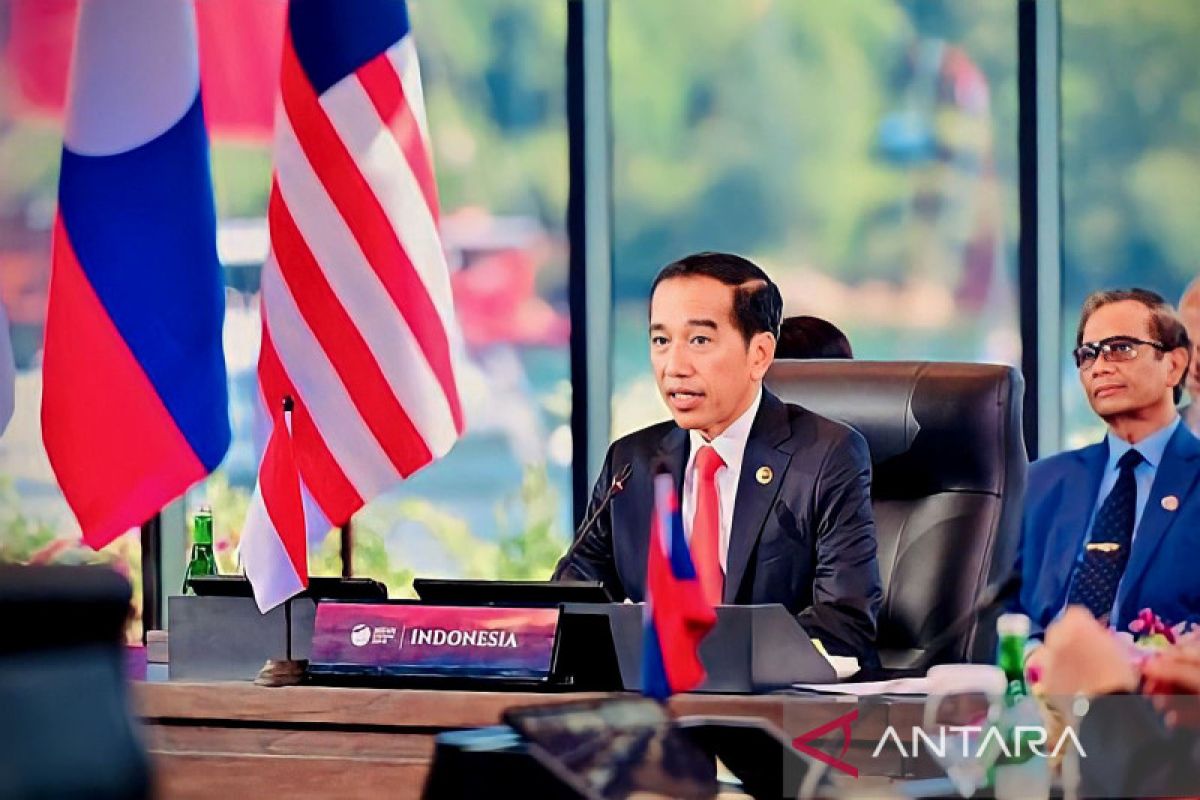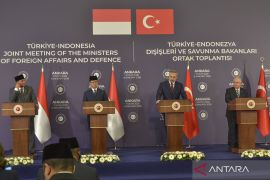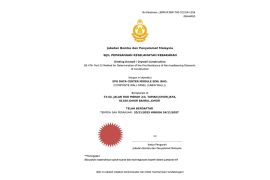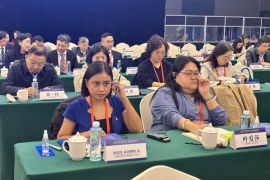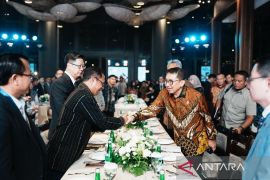"Including establishing linkages to existing and/or potential national mechanisms of ASEAN member states," said the leaders in a declaration at the 42nd ASEAN Summit in Labuan Bajo, East Nusa Tenggara (NTT) on Wednesday.
The commitment was declared given the devastating and multidimensional impacts of the COVID-19 pandemic as well as other emerging and re-emerging infectious diseases, including zoonoses and antimicrobial resistance (AMR).
It was also conveyed in view of the growing impacts of and other challenges related to climate change on human lives and livelihoods and the need for strengthening health systems to make them resilient and responsive, as envisioned in the ASEAN Blueprint.
The leaders said that the One Health High-Level Expert Panel (OHHLEP) and One Health Joint Plan of Action (2022–2026) are needed to enhance their ability to optimize the health of humans, animals, plants, and ecosystems as well as the capacity to prevent, predict, detect, and respond to health threats.
They also took note of the increased risk and vulnerability of each member state to the threats posed to humans, animals, plants, and environments by the potential for epidemics and pandemics, including zoonoses, food hazards, and AMR.
This has been exacerbated by climate change, which has demonstrated the importance of a multisectoral and collaborative approach to One Health.
The leaders also recognized that the existing One Health initiatives and mechanisms in ASEAN, both among countries and between governmental and non-governmental entities, are important.
Therefore, they emphasized the importance of building on the successful experiences, best practices, and the progress made thus far in One Health initiatives and projects in ASEAN, including the involvement of stakeholders and community awareness.
Besides committing to forming a One ASEAN Health Network, the leaders of the 10 member countries also committed to defining priority health threats to humans, animals, plants, and environments, including zoonotic pathogens that cause outbreaks and those with pandemic potential, to guide investment, research, and development for prevention, preparedness, and response (PPR) activities.
They also committed to pursuing a comprehensive analysis of One Health’s implementation in ASEAN and globally to assess national and regional capacity for strengthening the implementation of the network.
The development of the ASEAN One Health Joint Plan of Action is also a part of their commitment to improving regional and national capacities and capabilities with targets that are tangible, measurable, and time-bound and which call for stronger cross-sectoral collaboration between the relevant sectors involved in human, animal, plant, and environmental health, as well as food safety in ASEAN states, including through bilateral and multilateral cooperation.
In addition, the leaders committed to further exploring bilateral and multilateral initiatives, as well as cooperating and engaging with international and development partners, who will contribute to the national and regional implementation of the One Health approach, including efforts to ensure sustainable or innovative financing options.
To prevent, detect, and respond to future threats and to sustainably balance and optimize the health of the human-animal-plant-environment interface, the leaders urged ASEAN members to consolidate all One Health initiatives and mainstream their approach and assign their implementation to the relevant sectoral bodies, including but not limited to public health, animal, wildlife, plant, environment, and food, with the advancement of national and regional capacities.
They also asked ASEAN health ministers to cooperate with ASEAN ministers responsible for animal, agriculture, forestry, environment, and food, with support from the Senior Officials’ Meeting on Health Development, in collaboration with subsidiary bodies and other relevant stakeholders, to commence consultation, coordinate, and monitor efforts to accomplish the deliverables of the declaration.
Related news: ASEAN nations agree to form villages network
Related news: AIPA conveys 5 recommendations to ASEAN leaders at summit
Related news: ASEAN must prepare for the worst amid global challenges: Widodo
Reporter: Katriana
Editor: Sri Haryati
Copyright © ANTARA 2023
